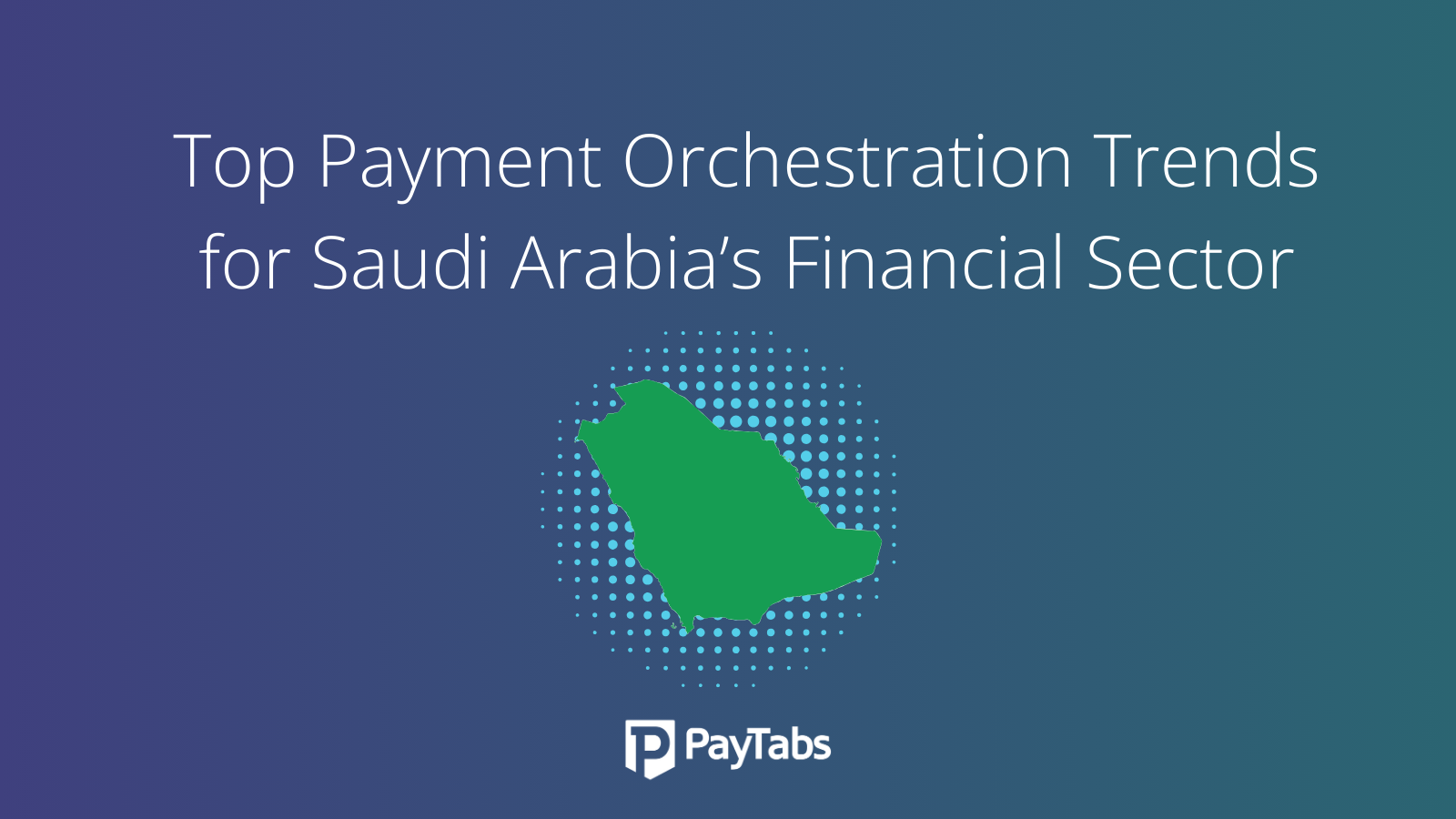Top Payment Orchestration Trends for Saudi Arabia’s Financial Sector
Posted on

Saudi Arabia’s digital payments market is all set to touch an impressive transaction value of USD 87.14 billion by 2028. With businesses shifting to the ecommerce landscape in droves, paying for products and services online has become more usual among customers than ever. Payment orchestration for KSA merchants is especially playing a crucial role in making the checkout process smooth, fast, secure, and seamless. With an orchestration platform, businesses can manage multiple payment processors, gateways, acquirers, and banks in one place. This helps boost payment acceptance rate, allows merchants to offer multiple payment modes to shoppers, encourages more sales, and generates greater revenue.
Given that Saudi Arabia payment trends are centered on Fintech innovation currently, it doesn’t come as a surprise that financial institutions are eagerly embracing orchestration to keep up with the evolving needs of merchants or their business banking customers. So, let’s dive into the different ways in which payment orchestration in Saudi Arabia is making a difference to the country’s financial sector.
Payment Orchestration Trends Dominating KSA’s Financial Sector
By adopting payment orchestration services, financial institutions in Saudi Arabia are not only reaping the following benefits, but also simplifying life for merchants:
- Increased Retention: Financial institutions are forging better relations and instilling deeper trust in existing merchant customers by joining hands with reputed providers of payment orchestration platforms, like PayTabs. This is because they are enabling businesses of all sizes to offer end consumers bespoke payment solutions. With orchestration platforms, banks are white-labelling or personalizing their offerings as well, which means their current merchant customers don’t need to go elsewhere for innovative and efficient solutions. By retaining more of the existing customers, financial institutions are protecting their source and size of revenue as well as goodwill.
- More New Customers: By embracing financial payment orchestration in Saudi Arabia, banks and similar institutions are attracting new merchant customers too. They are making it possible for businesses to provide a plethora of payment modes at the time of checkout, including debit and credit cards, digital wallets, mobile apps, buy now pay later schemes, and so on. Merchants can simply add the relevant payment methods to their payment ecosystem with a few taps. In other words, financial institutions are drawing even those customers they were unable to reach before through orchestration-driven flexibility.
- Improved Revenue: Apart from easing payment integration in Saudi Arabia easy for merchants, financial institutions are offering clients plenty of value-added services. These might include advanced protection against frauds, payment gateways, accounting tools etc. For instance, partnering with an orchestration platform like PayTabs is allowing banks to strengthen their customers’ encryption and authentication techniques and assure shoppers ultimately. And higher shopper satisfaction means more and repeat sales. This is helping KSA’s financial sector players to earn more revenue and even receive fees from merchant transactions that occur beyond the orbit of the usual banking services.
- Valuable Insights: Through payment orchestration, financial institutions are also enjoying visibility into the behaviors and patterns of their business clients. Banks can now derive meaningful insights based on how different merchants are using their services and offers. This means that financial players can tailor services more strategically in the future to retain and attract more customers and boost revenue.
- Competitiveness: Another reason why adopting orchestration has emerged as one of the key Saudi Arabian Fintech trends is because more and more entities in the financial sector can now position themselves as innovative, progressive, and tech-forward. This is helping financial institutions to gain a competitive edge, scale faster, and stay relevant among modern merchants. In fact, they are being able to attract startups and small businesses too.
- Readiness for the Future: Payment orchestration is enabling financial institutions in Saudi Arabia to future-proof themselves against market fragmentation, changes, and new payment integrations. In other words, financial entities are becoming more agile by adopting orchestration platforms and they know that no matter how the payment landscape evolves in the coming years, they will be able to meet the new standards confidently. Moreover, they will be able to offer better solutions to merchants or business customers cost-effectively.
Payment Orchestration: Transforming KSA’s Financial Sector
Financial payment orchestration in Saudi Arabia, as we saw, is powering the growth and transformation of the country’s financial sector by helping institutions attract more clients, retain old ones, earn more, gather data-backed insights, become competitive, and gear up for the future. The benefits are in turn trickling down to merchants or the business customers of banks and similar entities. And payment orchestration service providers like PayTabs are at the helm of it all. As a payment infrastructure company offering cutting-edge solutions that are safe, simple, and scalable, PayTabs is driving local commerce and financial inclusion in the MENA region with a vision to power every single digital transaction.
So, as a player in KSA’s financial sector, it is time for you to adopt payment orchestration, change the way you conduct business, and simplify life for your merchant customers in the process.
